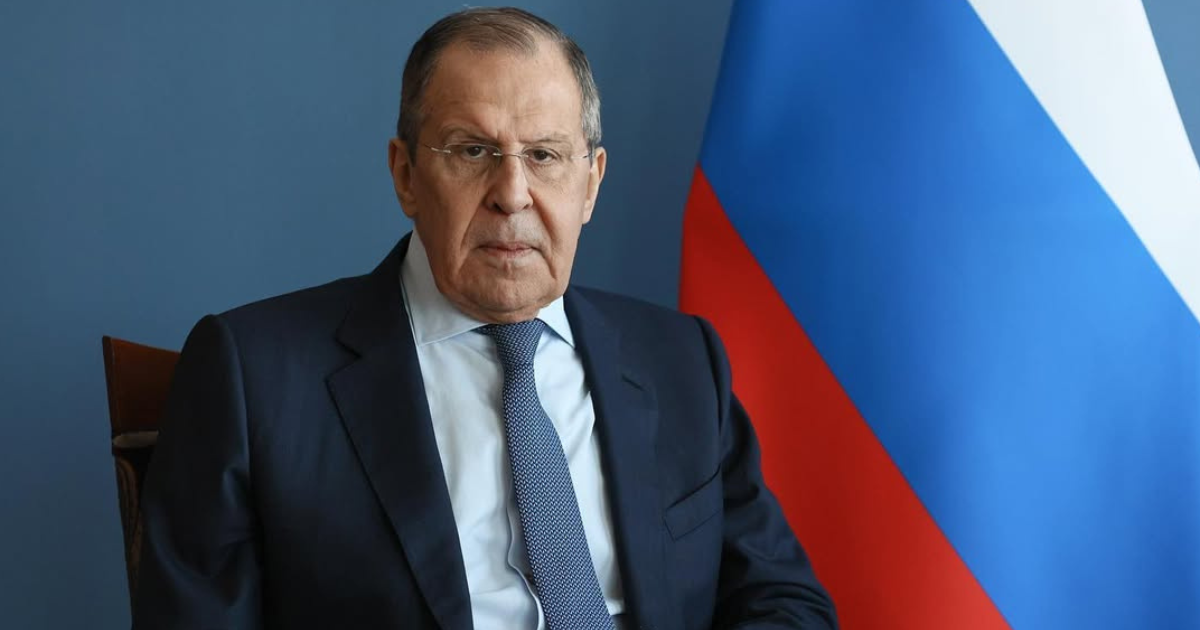Why Russia Won’t Accept a Ceasefire in Ukraine

Russian Foreign Minister Sergey Lavrov, in an exclusive interview with Magyar Nemzet, asserted that Russia remains open to a political and diplomatic settlement in Ukraine, but only if it results in a lasting peace rather than a temporary ceasefire. Lavrov emphasized that any solution must address what he described as the root causes of the conflict, particularly the perceived threats to Russian security from NATO expansion and Ukraine's potential membership in the alliance. He also stressed the importance of protecting the rights of Russian-speaking populations in Ukraine, claiming these have been systematically violated since 2014.
Lavrov insisted that for peace to be sustainable, the new territorial realities—namely, Russia's control over Crimea, Sevastopol, Donetsk, Lugansk, Zaporozhye, and Kherson—must receive international legal recognition. He argued that these regions joined Russia through referendums, reflecting the will of their people. Russia's demands for a settlement include Ukraine's demilitarization and "denazification," lifting of sanctions, withdrawal of lawsuits against Russia, and the return of Russian assets seized in the West. Lavrov also stated that Ukraine should revert to its original statehood principles, including neutrality and non-alignment, as outlined in its 1990 Declaration of State Sovereignty.
Regarding peace talks, Lavrov noted that negotiations have taken place with Ukrainian representatives, facilitated by Turkey, and have resulted in agreements on humanitarian issues such as prisoner exchanges and the repatriation of bodies. He rejected Ukrainian claims that Russia had kidnapped thousands of children, stating that Russia is working to reunite children with their families and expects reciprocal action from Ukraine. Lavrov maintained that Russia is committed to addressing humanitarian concerns and accused Ukraine of spreading misinformation.
Lavrov defended Russia's actions in Ukraine by alleging that ethnic Russians and other minorities have faced persecution and discrimination by Ukrainian authorities since the 2014 change of government. He cited incidents such as the violence in Odessa and claimed that laws have been enacted in Ukraine to suppress the Russian language and culture. He argued that NATO's eastward expansion and the transformation of Ukraine into a military outpost pose direct threats to Russian security, and that Western rejection of Russian security proposals left Moscow with no alternative but to launch its military operation.
Source: Magyar Nemzet
